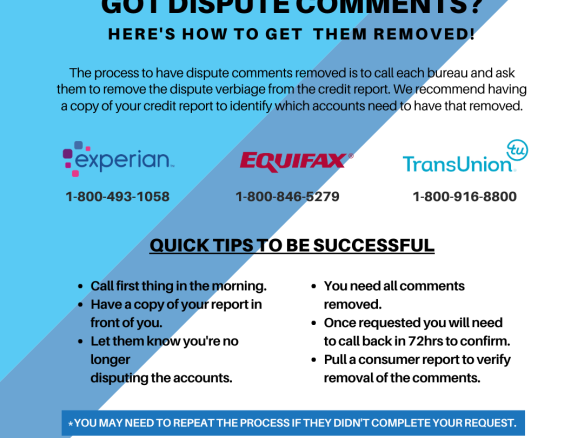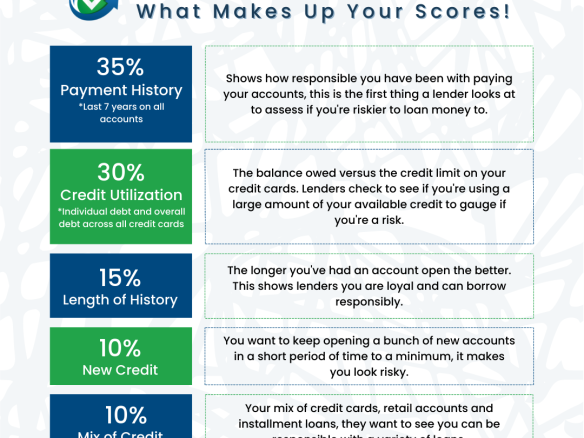In the world of personal finance, few things are as misunderstood as credit scores. From whispers of “checking your score will hurt it” to “you only need to worry if you’re buying a house,” the myths are everywhere—and they could be silently holding you back.
Let’s clear the air. Whether you’re just getting started on your credit journey or trying to bounce back from a few missteps, understanding how credit really works is key to making smart money moves.
Here are 5 of the most common credit score myths—and the truth you need to hear.
💡 Myth #1: Checking Your Credit Score Will Hurt It
Busted: False—checking your own credit is considered a “soft inquiry” and has zero impact on your score.
You’re allowed to check your own credit as often as you want. In fact, it’s encouraged. Using free tools like Credit Karma or your credit card’s monitoring feature helps you stay on top of your credit health without any penalties.
✅ Pro Tip: Make it a habit to check your credit report every few months to catch errors early and track your progress.
💡 Myth #2: You Need to Carry a Balance to Build Credit
Busted: Carrying a balance just means you’re paying interest. It doesn’t help your score.
One of the most common misconceptions is that leaving a small balance on your credit card helps your score. In reality, paying your card in full each month is not only healthier for your wallet—it’s better for your credit too.
✅ Pro Tip: Aim to keep your credit utilization below 30% of your available limit. But if you can pay it down to 10% or less, that’s even better.
💡 Myth #3: Closing Old Credit Cards Will Help Your Score
Busted: Closing a credit card can actually hurt your score by lowering your average account age and reducing your available credit.
Unless a card has a high annual fee or you’re tempted to overspend, it’s often better to keep older accounts open—even if you rarely use them.
✅ Pro Tip: Use old cards occasionally (even just for a small subscription) and pay them off to keep the account active.
💡 Myth #4: You Only Need a Good Score If You’re Buying a House
Busted: A strong credit score impacts more than just mortgages. It can affect your ability to rent an apartment, buy a car, or even get hired for a job.
Landlords, insurance companies, and even some employers may check your credit to gauge reliability. A good score gives you more leverage—and more options—in everyday life.
✅ Pro Tip: Even if you’re not planning a big purchase, keeping your credit strong opens financial doors you didn’t even know existed.
💡 Myth #5: All Credit Scores Are the Same
Busted: There are multiple types of credit scores—FICO, VantageScore, and more—and they can vary depending on the scoring model and what’s being evaluated.
For example, your auto lender may see a different version of your score than a mortgage lender. That’s why you might see slight differences between reports on different apps or services.
✅ Pro Tip: Focus on building solid habits—on-time payments, low balances, and long-term consistency—regardless of the score version.
Ready to Take Control of Your Credit?
Don’t let outdated information slow you down. Understanding how credit really works puts you in the driver’s seat—whether you’re building from scratch or making a comeback.
👉 [Download our free Credit Repair Toolkit (PDF)] – [Insert link here]
👉 Read: How I Boosted My Credit Score From Under 580 to 700+ in Just 6 Months »


